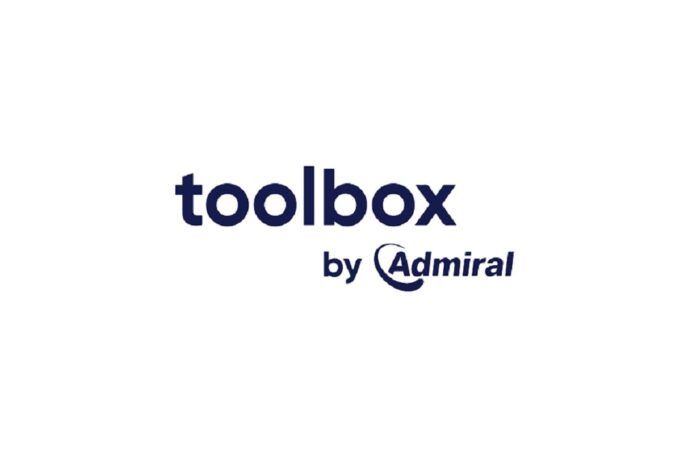
Toolbox by Admiral has revealed business expenses that sole traders and self-employed tradespeople may be forgetting about or are unaware of.
HM Revenue and Customs (HMRC) will allow you to claim lots of expenses, it said. While most business owners probably already know about many of them, like office supplies, tools, and even business vehicles, there are many more obscure deductions that could potentially save the UK workforce hundreds of pounds.
Toolbox has rounded up ten things tradespeople might not know count as a business expense:
- Tax allowance for tools
If tradespeople need to buy tools or equipment for their business, they can exclude these costs from the calculation of their earnings as an expense. Please note that the tools and equipment shouldn’t be used privately by employees.
They could also consider claiming a tool allowance if they’re an employee who buys tools for work. If the tradesperson is not reimbursed directly by their employer, they could claim tax relief through your tax code.
- Financial and legal costs
Many financial and legal costs will count as allowable business expenses and qualify for tax deductions.
When it’s time to fill out your Self-Assessment, don’t forget to include:
- Fees for accountants, solicitors, surveyors and architects for business reasons
- Professional indemnity for insurance premiums
- Bank, overdraft and credit card charges
- Interest on bank and business loans
- Hire purchase interest
- Leasing payments
- Alternative finance payments, like Islamic finance
Please note that legal fines given for breaking the law can’t be claimed, for example a speeding ticket when travelling to work.
- Unpaid invoices and bad debt
If tradespeople have dealt with, or are currently dealing with a tricky customer where any invoices and debts can’t be recovered, this business expense could relieve some stress. If traditional accounting is used, tradespeople can claim back money that they won’t be receiving from the customer.
These are called bad debts. They can only be written off if they won’t be recovered in the future. It’s worth noting that they can’t be claimed if cash basis accounting is used either.
There are some exemptions, such as debts that are not included in turnover and debts related to the disposal of fixed assets.
- Tax relief on charitable donations
Individuals can donate to charity without paying tax if they give through Gift Aid, or from their wages or pension through Payroll Giving.
Any donations made through the Payroll Giving scheme are taken before income tax is calculated. This means income tax won’t be paid on the donated amount, but National Insurance will be applied.
- Tax on business phone lines
Paying for employees to have a home phone can include expenses such as telephone line rental, business-related call charges and private call charges. Better still, if the phone is only used for business calls, then businesses don’t have to worry about deducting or paying PAYE or National Insurance (NI).
This means the cost of running the business phone line can be removed from the profits as an allowable business expense.
- Plant and machinery
When assets are bought for a business, capital allowances could be claimed on them. In most cases, the item’s whole value can be deducted from profits before paying pax. However, if it was owned it before it was used in business, or if it was a gift, the amount can only been taken away its market value.
Capital allowances can be claimed on business cars and vehicles, some fixtures like kitchens or bathrooms, and more.
- Employee training payments
Employee training costs can be claimed as a business expense, as long as the travel, course, or textbooks are solely for work-related training.
- Employee clothing
Uniforms do need to be reported to HMRC, but tax or NI won’t need to be paid on most of them. This counts for protective clothing that employees need to do their job, and a uniform that they only wear for work. To be exempt from tax and NI, they’ll have to be essential work-specific items of clothing to class as an allowable business expense.
- Marketing costs
Another allowable business expense that can be claimed on a Self-Assessment is the majority of marketing costs. HMRC allows businesses to claim for expenses like:
- Advertising in newspapers or directories
- Bulk mail advertising
- Free samples
- Website costs
There are some exceptions to this allowance, for example, businesses can’t claim for what they spend on event hospitality, or entertaining clients, suppliers and customers.
- Tax relief on subscriptions
Lastly, businesses can add subscriptions and memberships to their expense claims if they’re work-related. For example, if they have an annual membership with a professional trade organisation.
